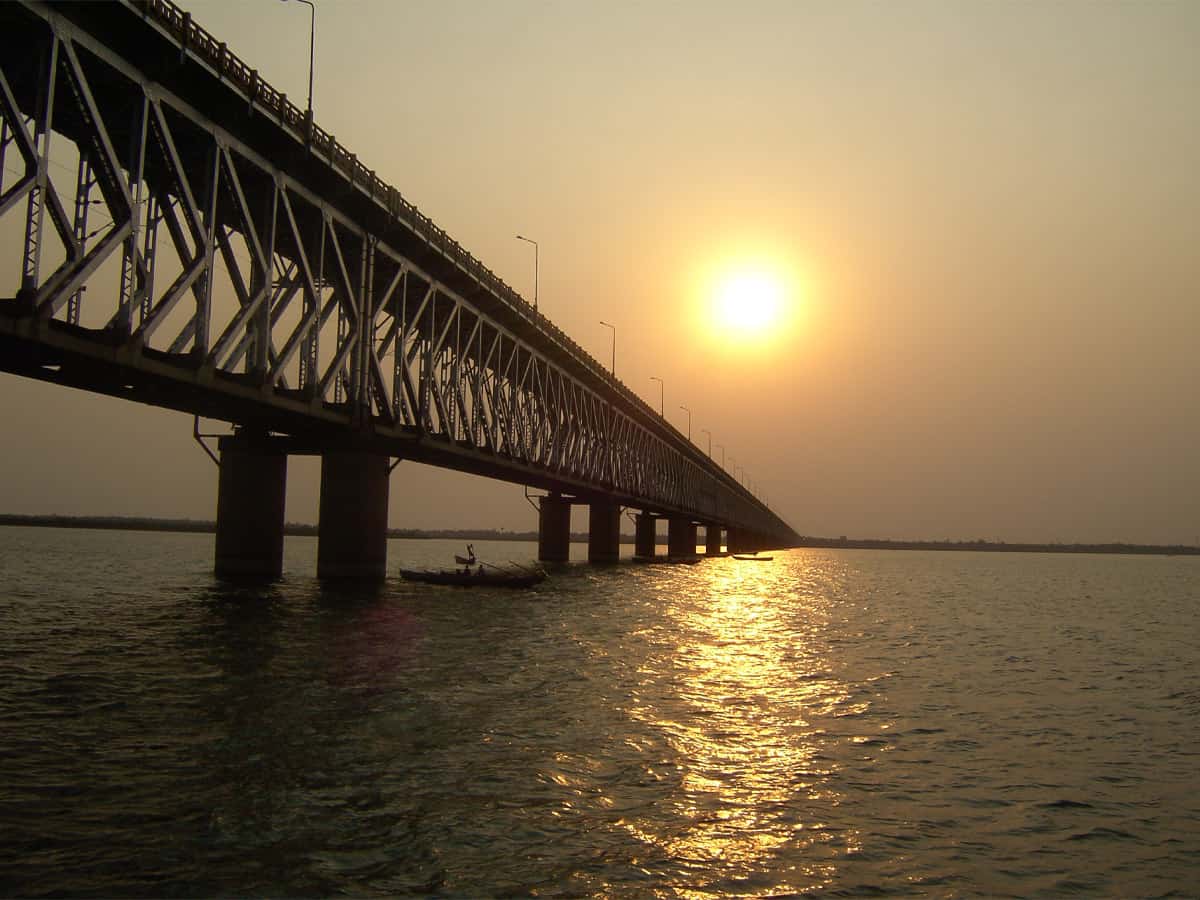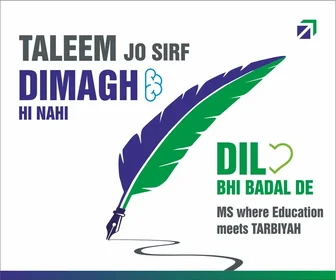
Hyderabad: The Central government is set to formalise the Godavari-Cauvery link project, a significant inter-state venture aimed at optimising water utilisation across seven states. The memorandum of understanding (MoU) for the project over Rs 60,000 crore is expected to be signed by January 2024. The MoU will pave way to utilise around 1100 tmcft of Godavari water currently flowing into the Bay of Bengal and resolve longstanding water disputes between four southern states.
This decision comes on the heels of an in-principle agreement reached during a key meeting of the Task Force on Interlinking of Rivers (TF-ILR) in Hyderabad recently, where officials from Telangana, Andhra Pradesh, Tamil Nadu, Karnataka, Chhattisgarh, Rajasthan, and Madhya Pradesh, and Central agencies discussed project’s execution and benefit from its outcomes.
Chaired by TF-ILR chairman Sriram Vedire, the meeting brought to the table the Godavari-Krishna-Pennar-Cauvery link project, focusing on enhancing irrigation capabilities and water availability. Prominent attendees included the Central Water Commission chairman, the director general of the National Water Development Agency, and various irrigation experts.
A key aspect of this project is the diversion of 148 tmcft (thousand million cubic feet) of water from the Godavari river at Icchampally to the Cauvery river, via Nagarjuna Sagar and Somasila. This plan, initially discussed by both Andhra Pradesh and Telangana, is designed to capitalise on unutilised waters while ensuring that the surplus or allocated waters of the states remain unaffected.
Ensure Telangana gets enough
Telangana, in particular, has been supportive of the initiative to ensure its allocated water rights are preserved. The state’s Engineer-in-Chief, C Muralidhar, has advocated for a higher water share for Telangana than currently proposed. The project envisages allocating approximately 44 tmcft of water to both Telangana and Andhra Pradesh, while Tamil Nadu and Karnataka are expected to receive 41 tmcft and 16 tmcft, respectively.
The project also addresses concerns regarding land acquisition and potential conflicts with existing structures like the Sammakka-Sarakka Barrage at Kanthanapalli. Telangana has urged the Union Jal Shakti Ministry to confirm its water rights and ensure consensus among all participating states before progressing with the river linking.
Rajasthan and Madhya Pradesh to be included in plan
Though was planned to address the water contention between Tamil Nadu, Karnataka, Telangana, Andhra Pradesh and Chattisgarh, and enhance irrigation facilities, the project is also to alleviate water scarcity in Rajasthan and Madhya Pradesh and benefit several states through the adoption of improved irrigation and micro-irrigation systems.
The final draft of the MoU is expected to be circulated to the states by the end of December, with signatures from the respective chief ministers expected by mid-January 2024, following the elections in Telangana.

